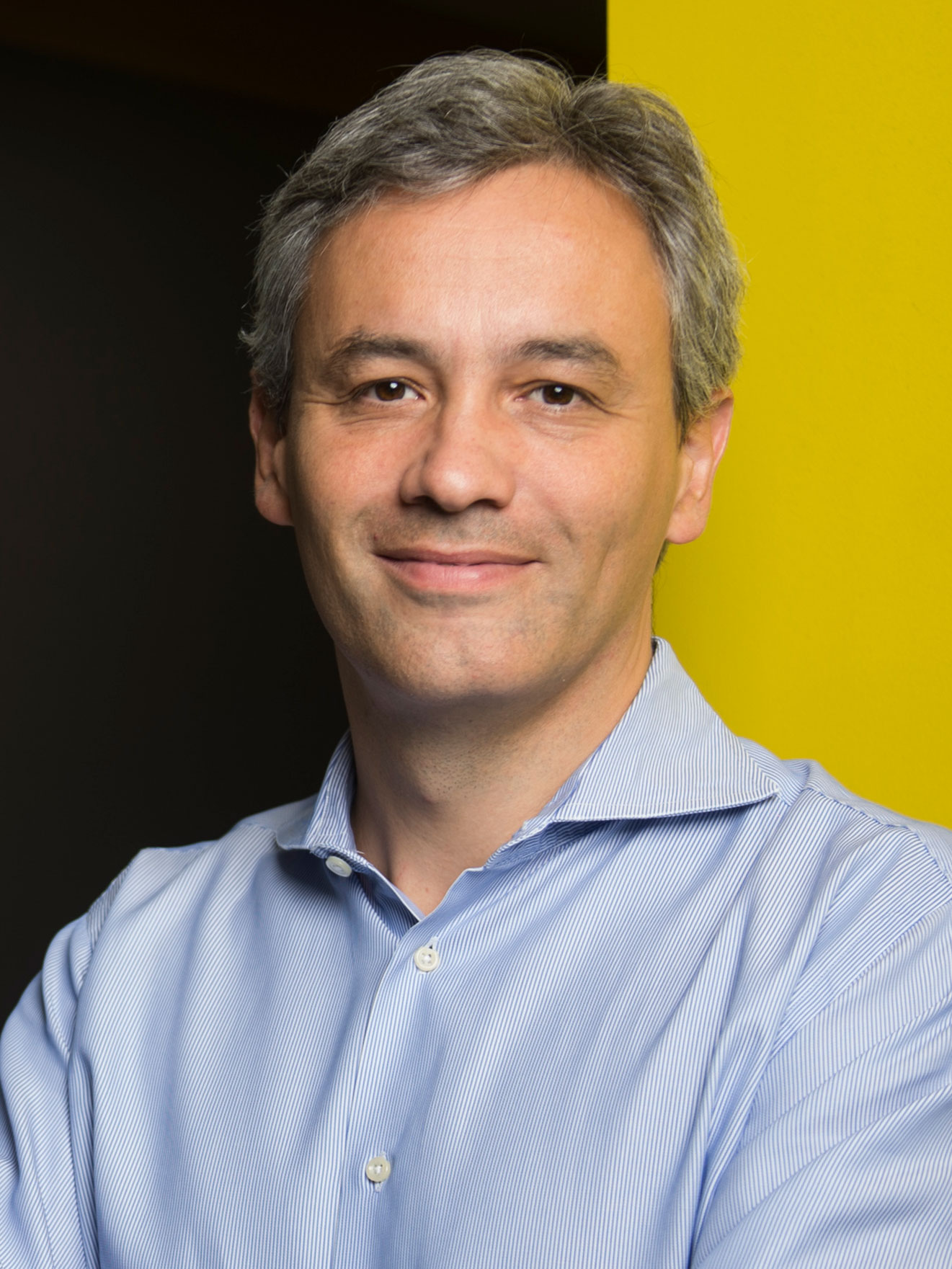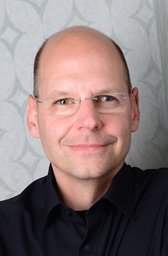Open 6G: Toward a Reference Architecture for Programmable and AI-Driven NextG Open RAN Systems
Tommaso Melodia, William Lincoln Smith Professor at Northeastern University

Abstract: This talk will present an overview of our work laying the basic architectural and algorithmic principles for new approaches to design open, programmable, AI-driven, and virtualized next-generation cellular networks. We will cover in detail challenges and opportunities associated with the evolution of cellular system into cloud-native softwarized architectures enabling fine grained control of end-to-end functionalities. We will discuss architectural aspects, automation principles, and algorithmic frameworks enabling fine-grained end-to-end control of wireless system from low-level RAN functionalities to orchestration and management. We will also explore a number of enabling technologies including network slicing, spectrum sharing, security, and energy efficiency, and discuss the way forward.
Biography: Tommaso Melodia is the William Lincoln Smith Professor with the Department of Electrical and Computer Engineering at Northeastern University in Boston. He is also the Founding Director of the Institute for the Wireless Internet of Things and the Director of Research for the PAWR Project Office. He received his Laurea (integrated BS and MS) from the University of Rome - La Sapienza and his Ph.D. in Electrical and Computer Engineering from the Georgia Institute of Technology in 2007. He is an IEEE Fellow and recipient of the National Science Foundation CAREER award, and of several best paper awards, including at IEEE Infocom 2022. Prof. Melodia the Editor in Chief for Computer Networks and was a co-founder of the 6G Symposium, the Technical Program Committee Chair for IEEE Infocom, and General Chair for ACM MobiHoc, among others. Prof. Melodia’s research on modeling, optimization, and experimental evaluation of wireless networked systems has been funded by many US government and industry entities.
Herding Cats: Orchestration and the Edge
Jörg Ott, Professor at Technical University of Munich

Abstract: Edge computing comes in many flavors, resources may be highly diverse, and (edge) applications may behave in many different – expecially also unpredictable – ways, and be it just for their potential diversity. Trying to tame them and enforce tight coordination/control may be futile from the outset, which calls for a laid back approach to resource management at the edge. We will touch upon a number of edge computing examples and distill some differentiating factors to assess where which kind of management functionality may be applied. We choose two of them to make the case for a hierarchical and in part decentralized open source orchestration framework, Oakestra, and discuss its essential features to support a highly dynamic edge.
Biography: Jörg Ott holds the Chair of Connected Mobility at Technische Universität München in the Faculty of Informatics since 2015. His is interested in network architecture, (transport) protocol design, and algorithms for connecting mobile nodes to the Internet and to each other, covering the spectrum from delay-tolerant to real-time networking. He explores edge and in-network computing as well as decentralized (cloudless) services, (not just) with an emphasis on privacy-by-design. His research includes measuring and modeling human mobility and Internet usage and performance as a basis for design and evaluation.


